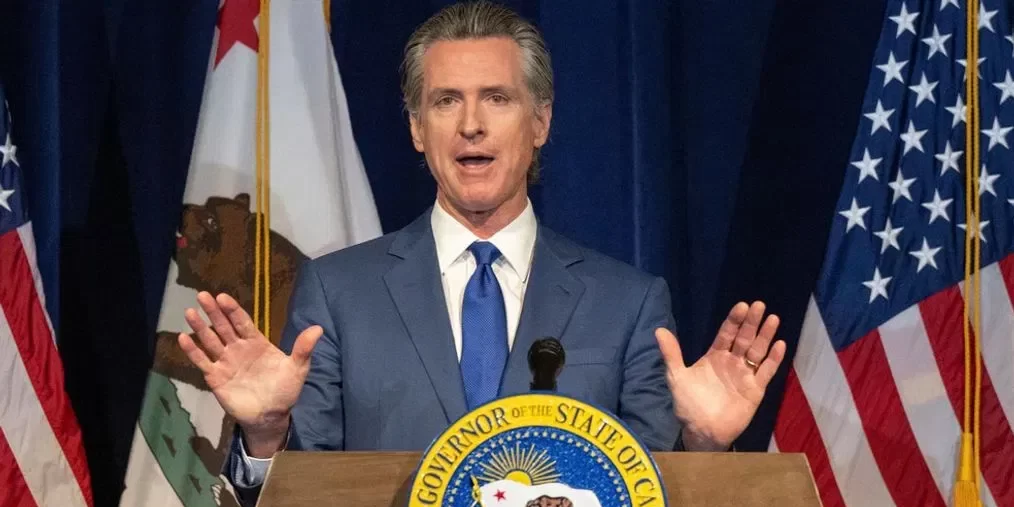Authorities in the American state have filed a lawsuit against five major oil companies, alleging that they deceived the population for decades by downplaying the climate risks of fossil fuels.
The American state of California initiated legal action on Friday, September 15th, against five of the world’s largest oil companies, claiming that they caused millions in damages and misled the public by minimizing the risks of fossil fuels in climate change.
The legal action was revealed by The New York Times and confirmed by the state’s governor, Democrat Gavin Newsom. The lawsuit joins several other legal initiatives launched by American cities, counties, and states against entities associated with fossil fuels due to their environmental impact and allegations of disinformation campaigns.
“For over fifty years, the major oil companies have lied to us, concealing the fact that they have long known that the fossil fuels they produce are dangerous to our planet,” Governor Newsom stated in a press release. “California is taking action to hold the major polluters accountable,” he added.
The civil action was filed in the Superior Court of San Francisco against Exxon Mobil, Shell, BP, ConocoPhillips, and Chevron, all headquartered in California. The American Petroleum Institute is also one of the targets, according to The New York Times.
“These companies and their affiliates intentionally downplayed the risks that fossil fuels pose to the population, even though they knew that their products could cause significant global warming since the 1950s,” the lawsuit highlights, according to the newspaper.
Company representatives did not immediately respond to requests for comment, reported The New York Times.
Creation of a fund
California also calls for the creation of a fund to address future damages caused by climate change in the state, which has been affected by wildfires, floods, and other extreme phenomena fueled by global warming.
“The executives of oil and gas companies have known for decades that the reliance on fossil fuels would cause these catastrophic results but deprived the public and policymakers of this information by actively promoting disinformation on the subject,” the lawsuit adds. “By minimizing the scientific consensus on global warming and emphasizing the existence of uncertainty, the accused hoped to delay any regulatory action to reduce or control emissions that actually threaten the sector’s profits,” the document states.
Legal proceedings on this matter follow the model of those successfully brought against tobacco giants and the pharmaceutical industry in the case of opioid proliferation.
![]()




